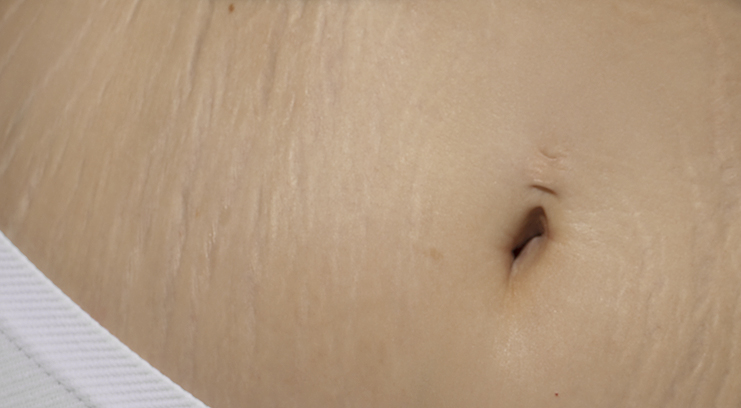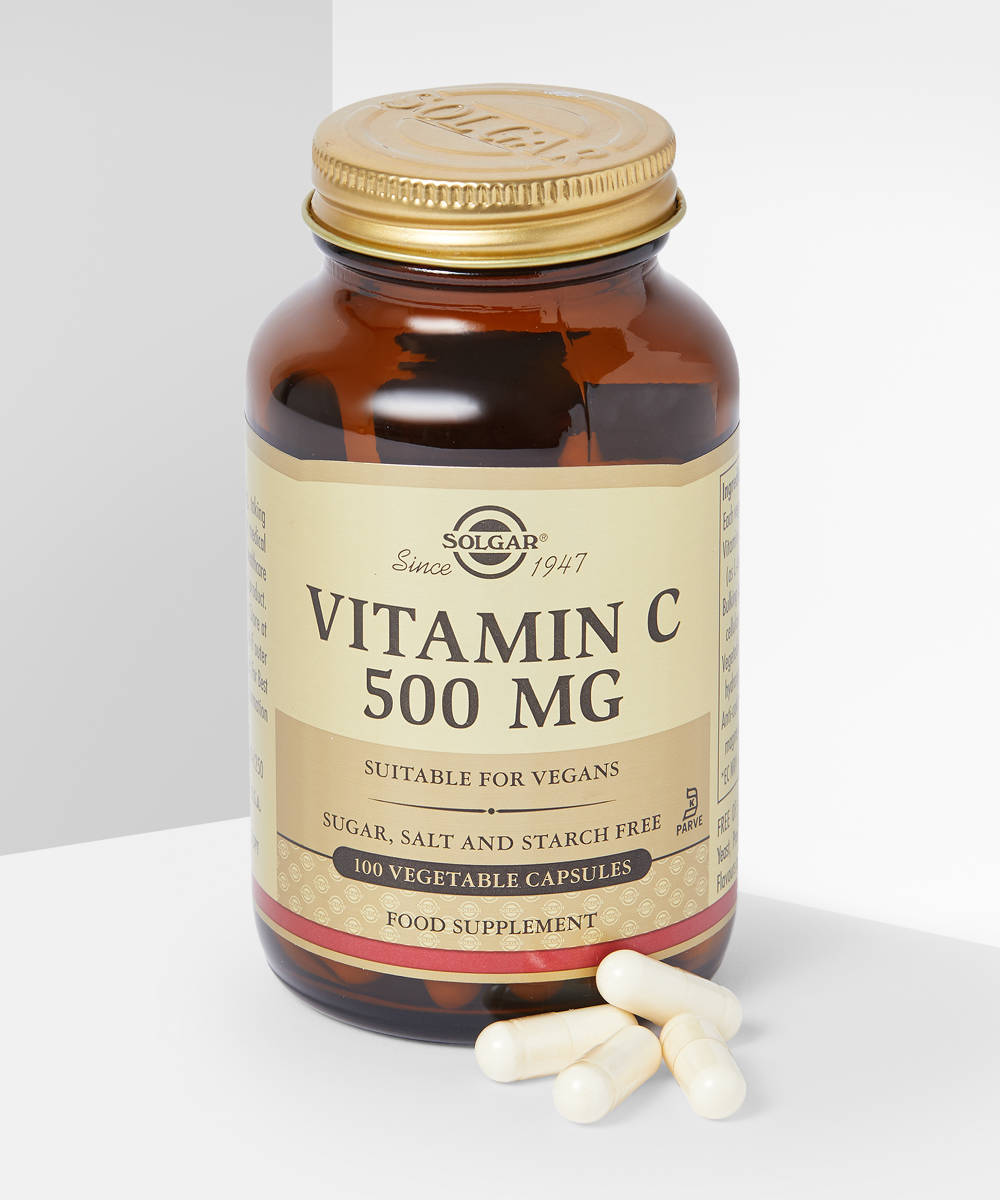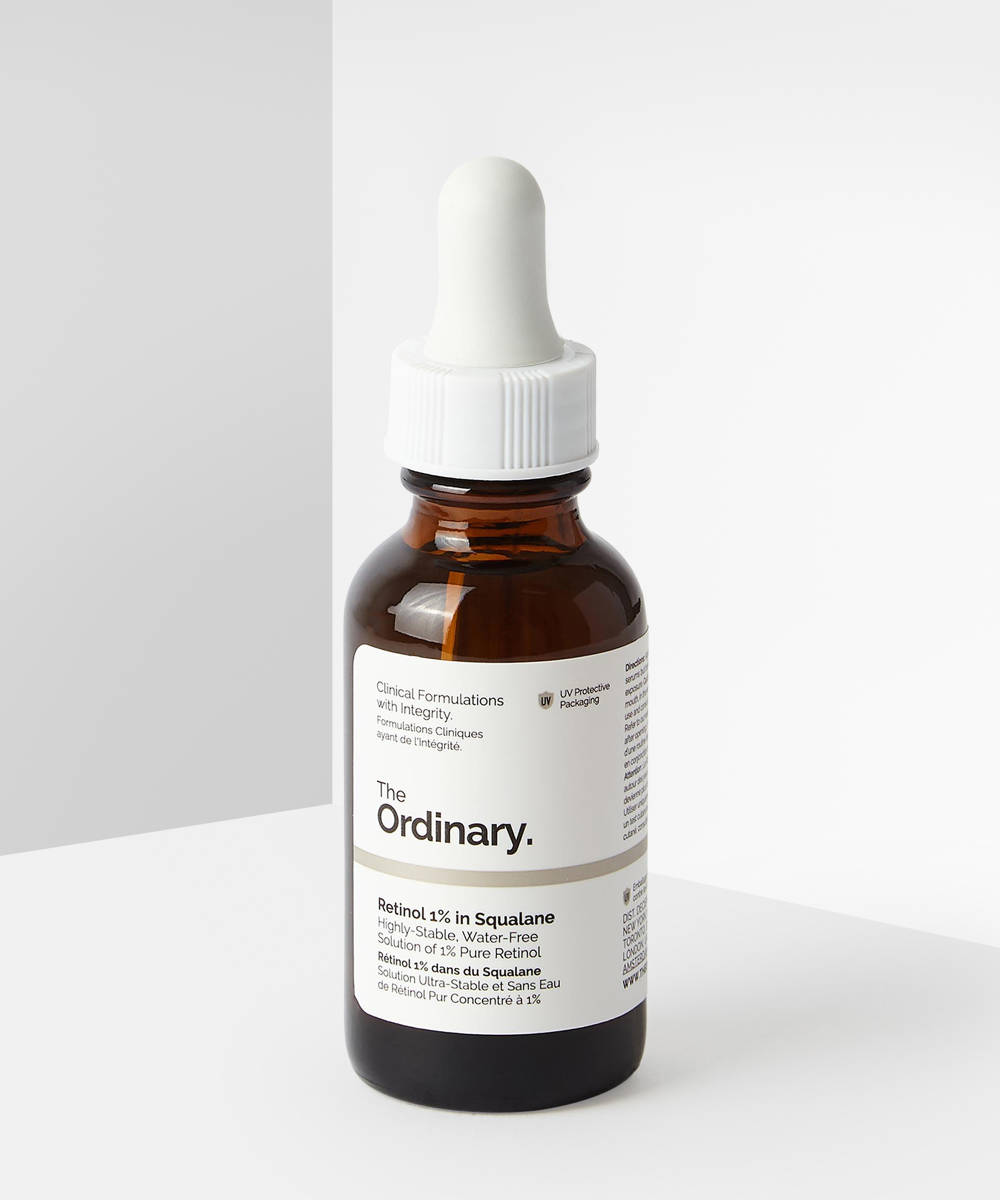Dear Grace,
I’m pregnant and I know from conversations with friends and family that stretch marks are totally normal, but recently they’ve started to show up all over my thighs, stomach, and bum, and to be honest, I’m not a fan. Is it just a pregnancy thing? And is there anything I can do to reduce the appearance of them or stop them from developing?
Luce, 23
Oh, stretch marks… Pretty much everyone experiences them at some point in their life (so to answer one of your questions, no, it’s not just a pregnancy thing) – the estimate is around 80% of women – and as much as we’re told to ‘love our lines’, I’d estimate that of those 80%, the majority feel the same way as you. Which is totally fair and understandable – yes, they’re normal and yes, they’re totally harmless – but it’s your body and you’re allowed to feel a certain way about the ways it changes.
For anyone reading this and wondering exactly what stretch marks are – they typically appear as brown, pink, or white streaks which zig-zag across your skin (they’re usually quite dark when they appear but fade over time). Stretch marks are most commonly found on the tummy, chest, legs, and bum, but also can appear on the upper arms, hips, and back, which is why they’re commonly confused with cellulite, which I recently wrote about in this column. So what causes stretch marks? Sudden growth or weight gain is usually the trigger, which explains why they’re common during pregnancy, but you might also experience them during periods or sudden weight gain or loss, or during puberty or growth spurts – basically, any time the skin is stretched.
Here’s the thing: stretch marks are pretty much impossible to eliminate. You can reduce their appearance, and they may fade naturally over time (especially after pregnancy), but because they’re caused by breaks in collagen, which is almost impossible to repair, don’t expect there to be a one-stop miracle solution. Laser and microdermabrasion treatments offer the most promising results (although aren’t recommended during pregnancy), and some may see success using retinol creams (again, not if you’re pregnant), but these treatments aren’t guaranteed to do much, and the older the mark, the more stubborn it will be to shift. The best thing to do to prevent stretch marks is to keep skin strong and healthy – take omega and vitamin C supplements and use body moisturisers and SPF to protect skin from damage. When a new stretch mark appears, massage it frequently with a hyaluronic acid or vitamin C-based lotion to support collagen production.
I’m sorry I can’t recommend a long list of products to help, but I like to be honest and pragmatic in my approach to these columns. Nobody likes change, but the thing is bodies do change, and stretch marks are a completely normal part of a completely normal process. They might be an unwelcome surprise to begin with, but like all scars they tell a story (a super exciting one for you), and with time you may come to love them or at least accept them. Just don’t fall for the false promises of stretch mark creams!
Grace's Top Product Picks For Stretch Marks
If you have a question for our resident beauty editor and esthetician Grace Day, tweet us at @beautybay using the hashtag #AskGrace for a chance to be featured.




